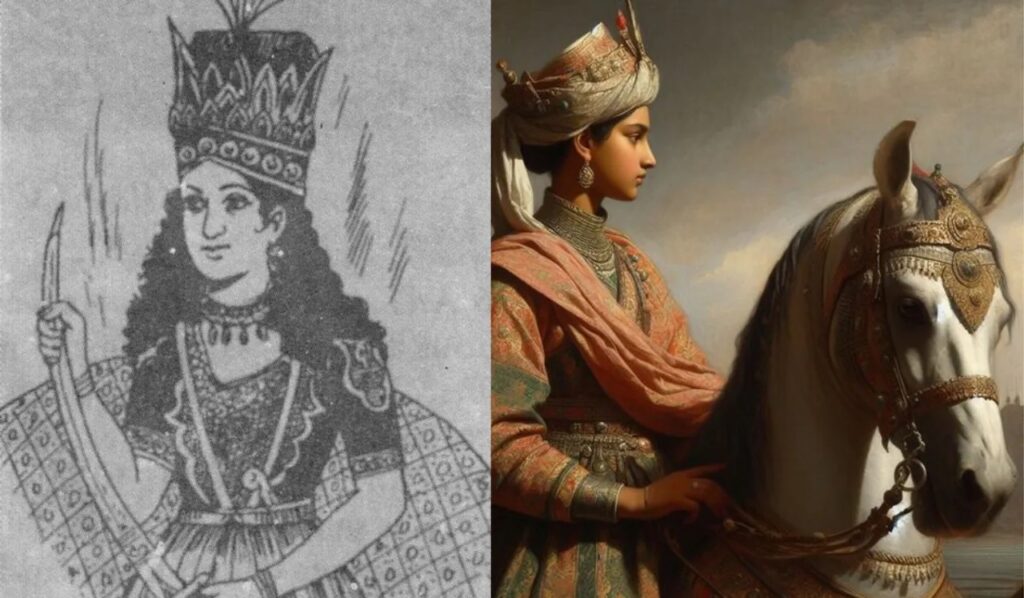Razia Sultan: Pioneering as the Sole Muslim Female Ruler and Sultan

Discover the inspiring tale of Razia Sultan, the first and only female ruler of the Delhi Sultanate, whose remarkable reign is often overlooked in history books. Born in 1205 to Sultan Shamsuddin Iltutmish, Razia grew up learning the ways of governance and leadership alongside her siblings. Despite being the rightful heir, Razia faced opposition from the Muslim nobility upon her father’s death in 1236.
Undeterred by the challenges, Razia displayed immense courage and determination, eventually ascending the throne as the Sultan of Delhi. Her reign marked a significant turning point in history as she became the first Muslim female ruler in the region. Razia’s rule was characterized by progressive policies aimed at improving the lives of her subjects.
During her reign, Razia introduced several reforms to bolster the economy and promote education and arts. She issued silver coins bearing her name, signaling her commitment to empowering women and fostering prosperity in her kingdom. Razia’s efforts to establish schools, colleges, and public libraries underscored her dedication to spreading knowledge and enlightenment among her people.
Despite her visionary leadership, Razia faced opposition from Turkish nobles who were reluctant to accept a female ruler. Rumors of her alleged involvement with Jamal-ud-Din Yaqut, a Siddi slave, further fueled dissent among her detractors. Despite facing numerous challenges, Razia remained steadfast in her resolve to defend her throne and uphold her principles.
Tragically, Razia’s reign came to an untimely end when she was overthrown by her brother Muizuddin Bahram Shah. However, Razia’s legacy endured through her enduring love story with Malik Altunia, the governor of Bhatinda, who stood by her side until the very end. Together, they embarked on a daring quest to reclaim Razia’s throne, but their efforts were thwarted, leading to their tragic demise at the hands of Hindu jats.
Despite the lack of historical documentation and archaeological evidence of Razia’s reign, her story lives on through folklore, poetry, and cultural representations. While history may have overlooked her contributions, Razia Sultan remains a symbol of courage, resilience, and defiance against gender norms.
Through her extraordinary journey, Razia Sultan continues to inspire generations of women to challenge conventions, pursue their dreams, and leave an indelible mark on history.
Re-reported the article originally published in She the People








